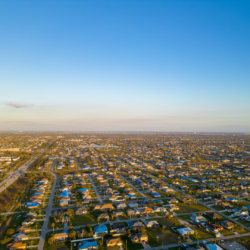How to Find Under-Valued Properties in the Dallas Market
How to Find Under-Valued Properties in the Dallas Market The Dallas real estate market offers abundant opportunities for investors and homebuyers looking to acquire under-valued properties. Whether you are a first-time buyer seeking an affordable home or an investor aiming for high returns, identifying properties that are priced below their market value is key to Read more about How to Find Under-Valued Properties in the Dallas Market[…]









